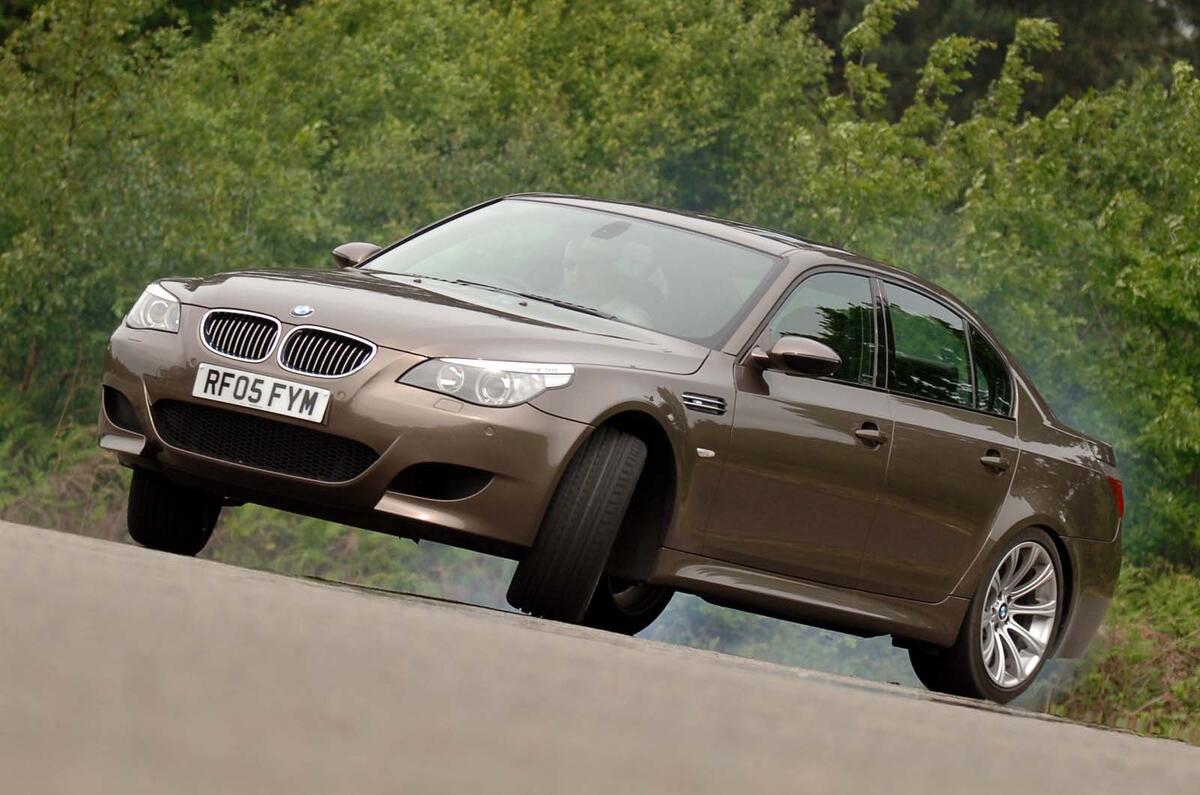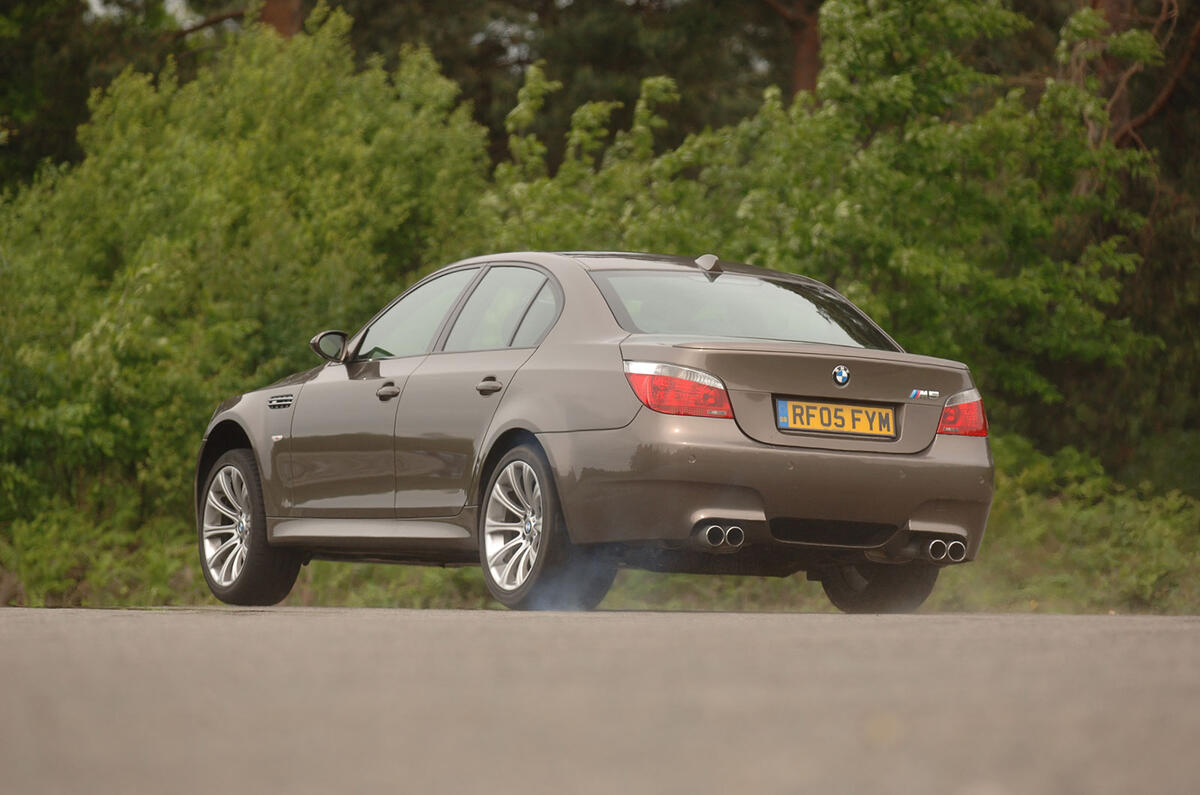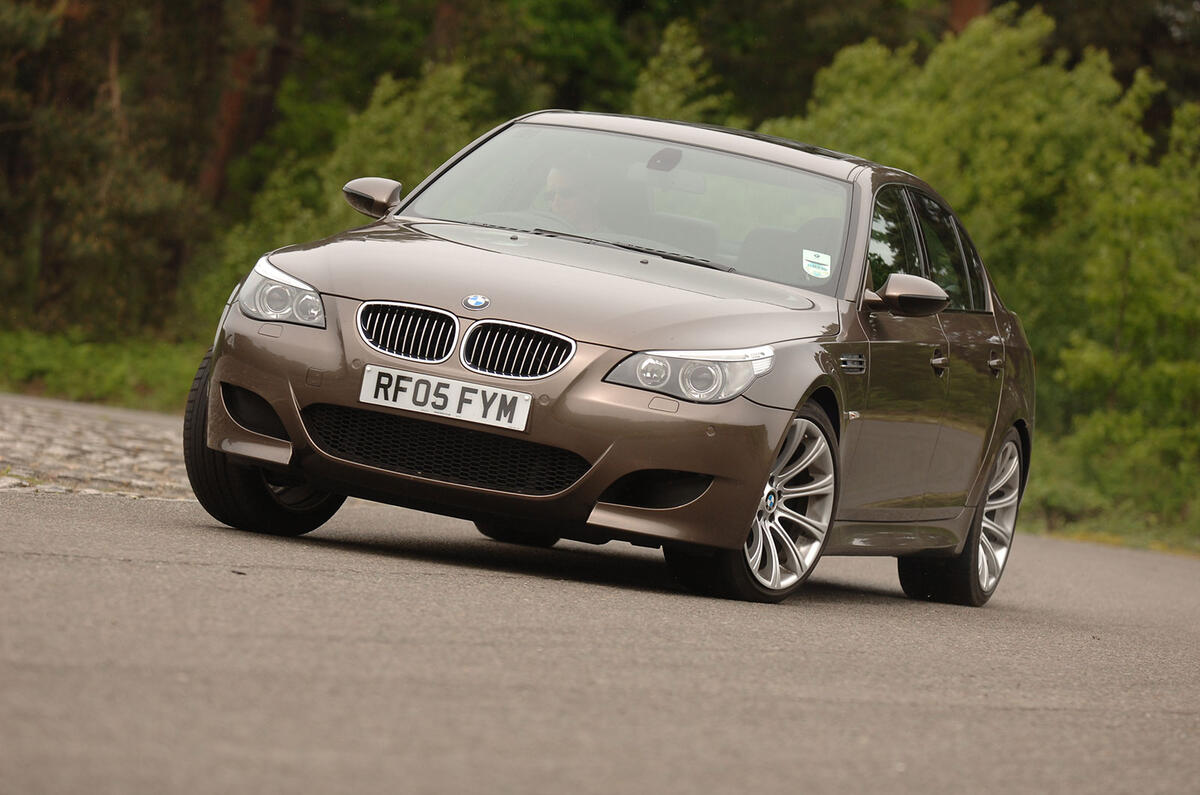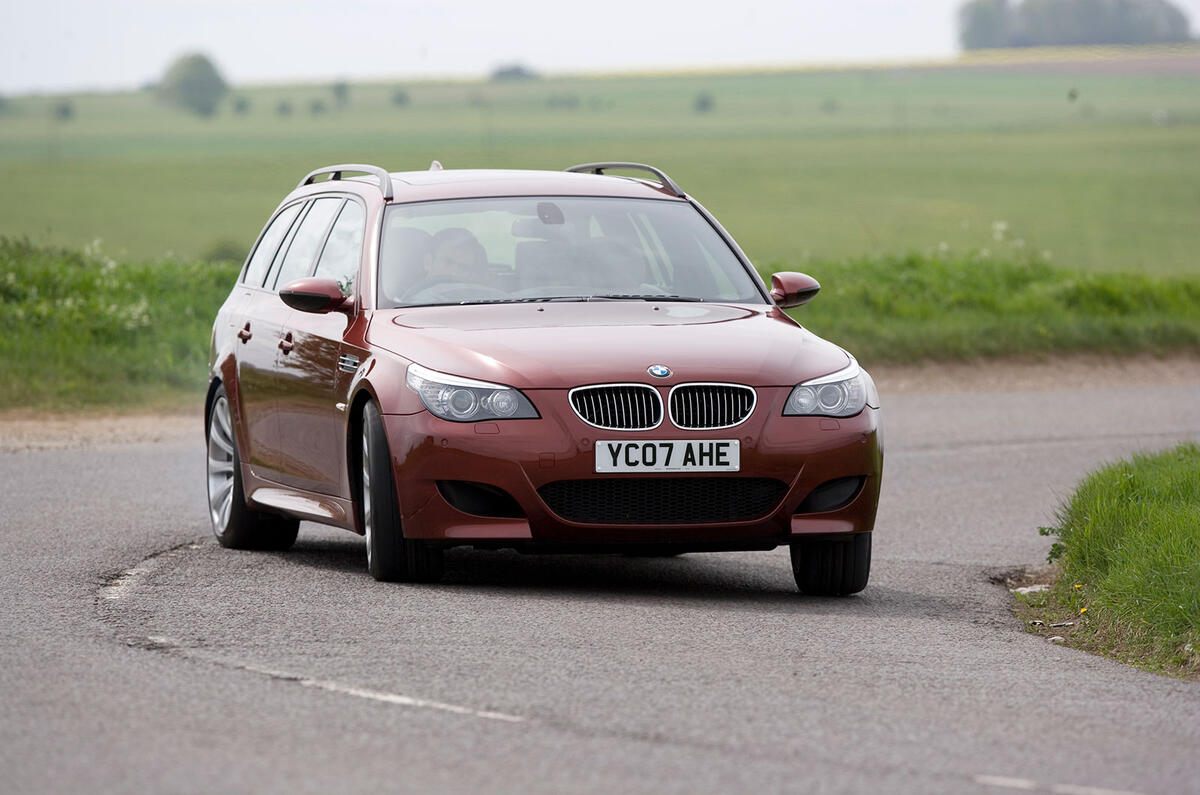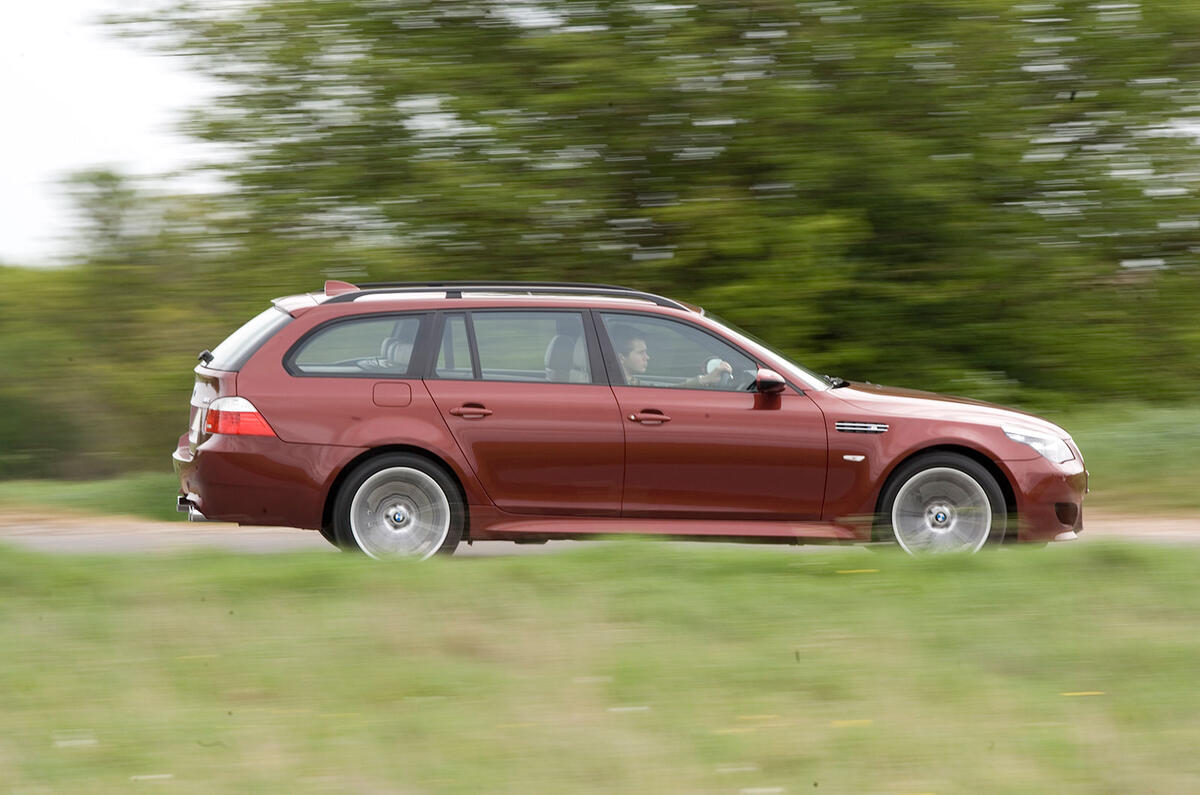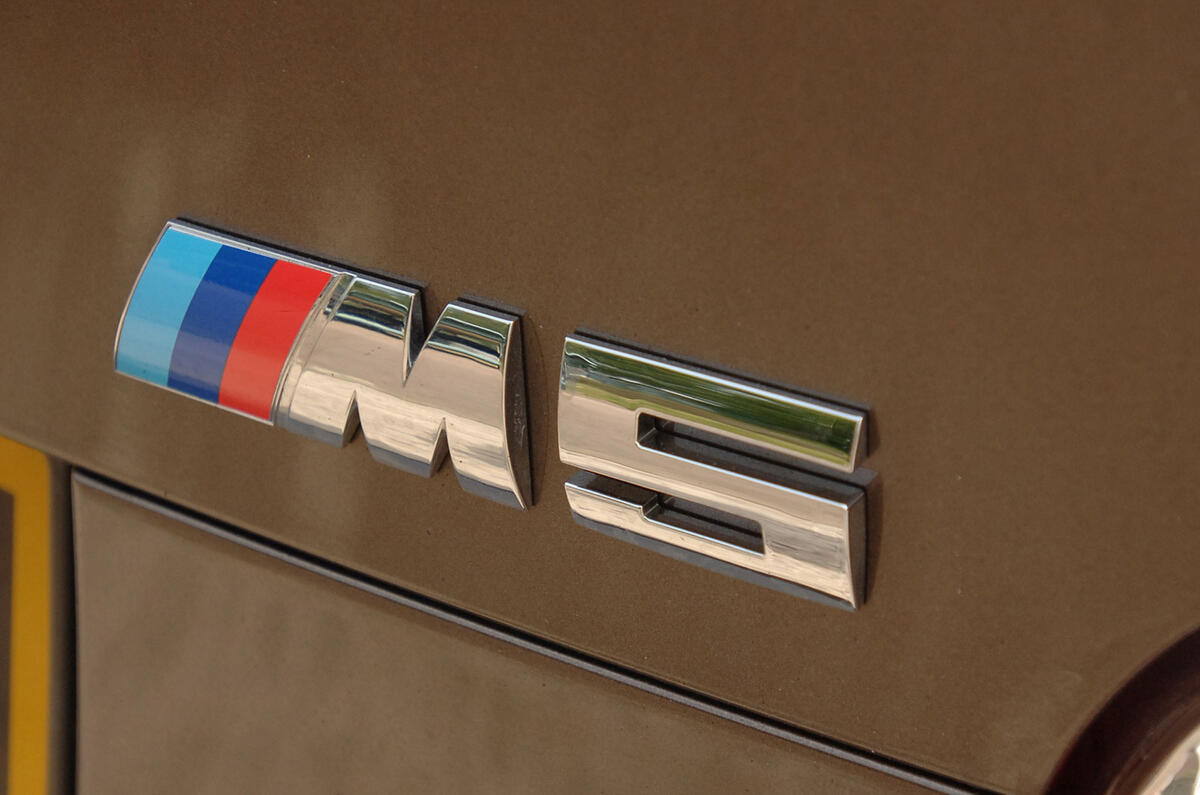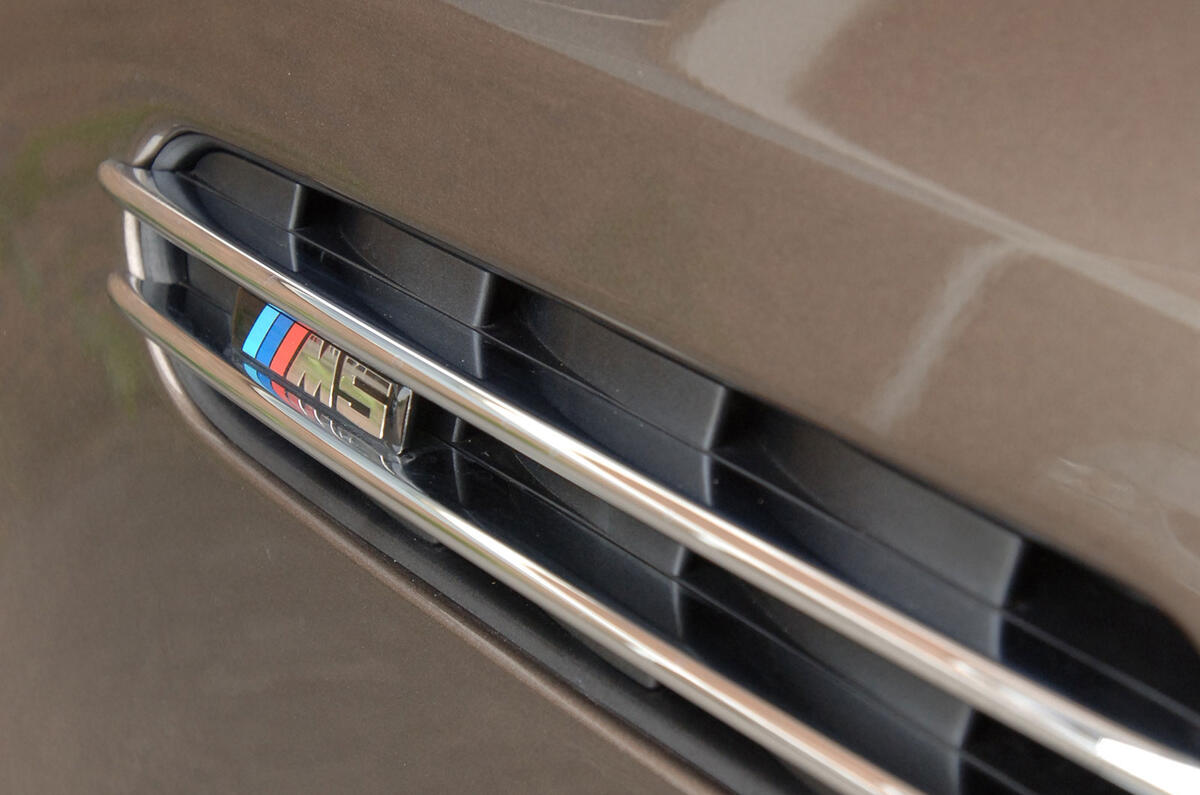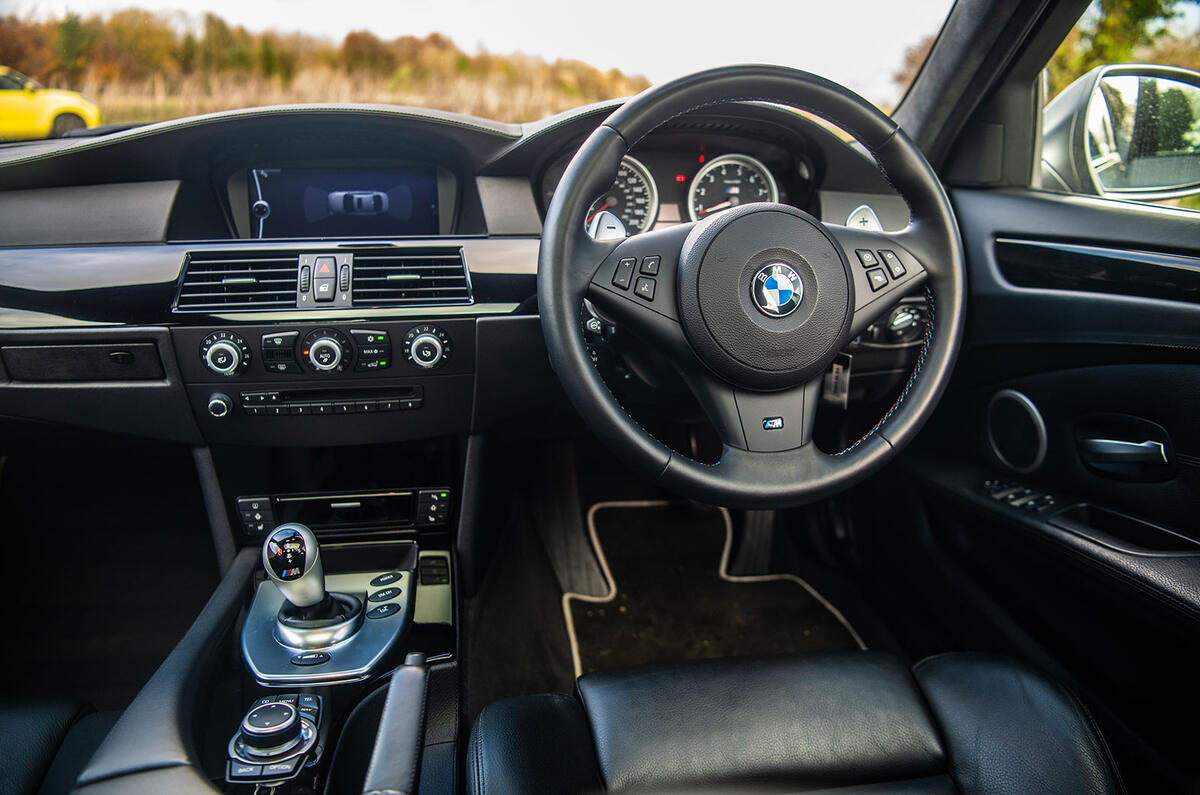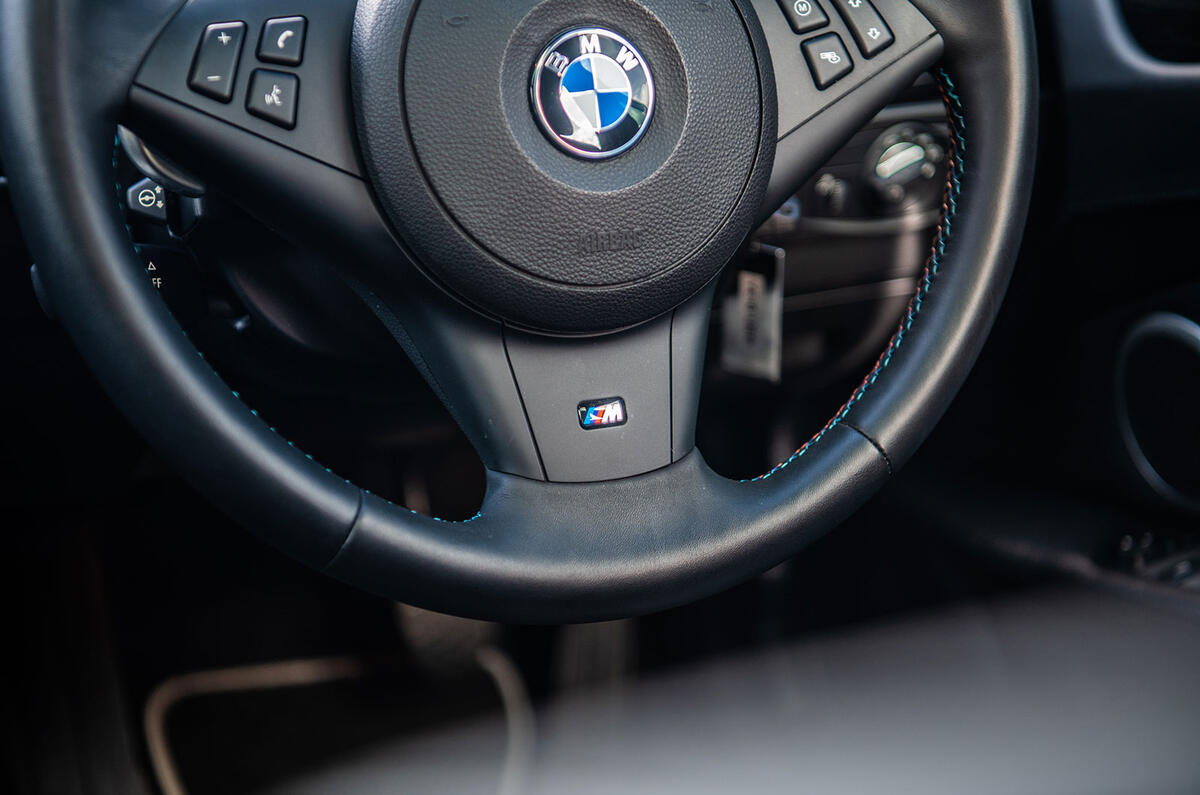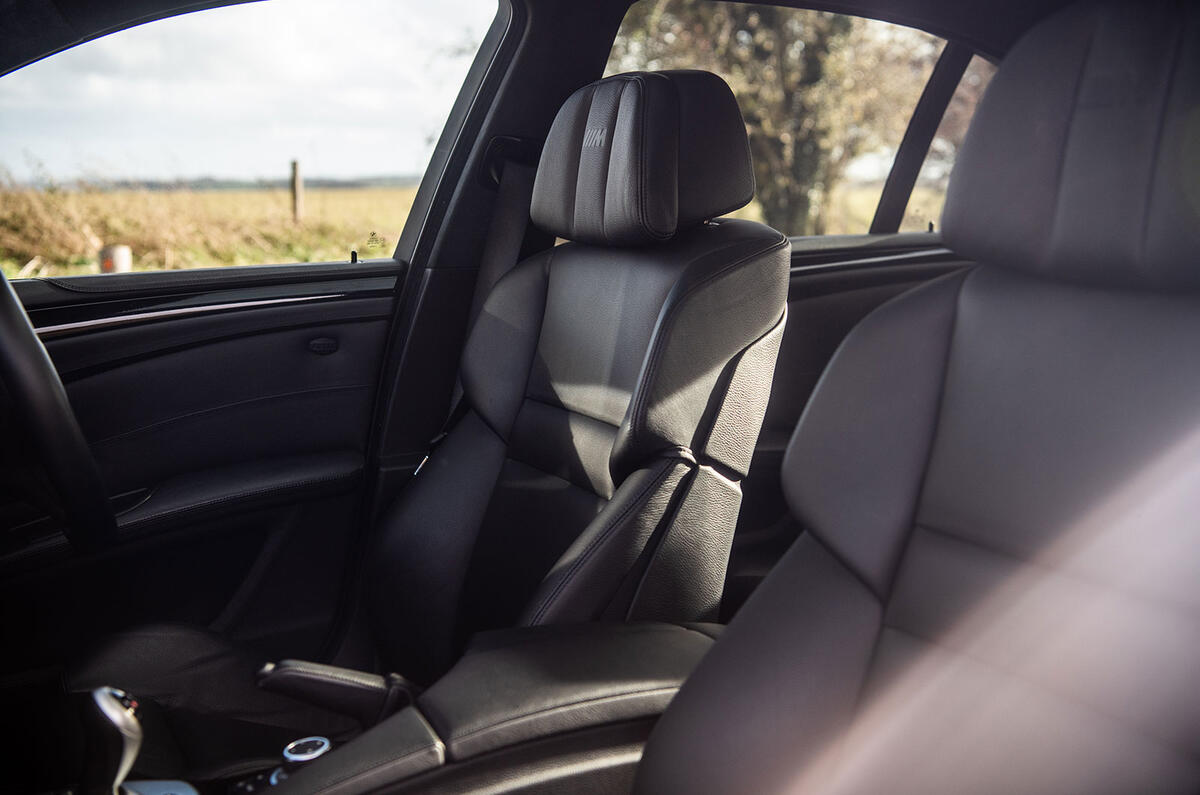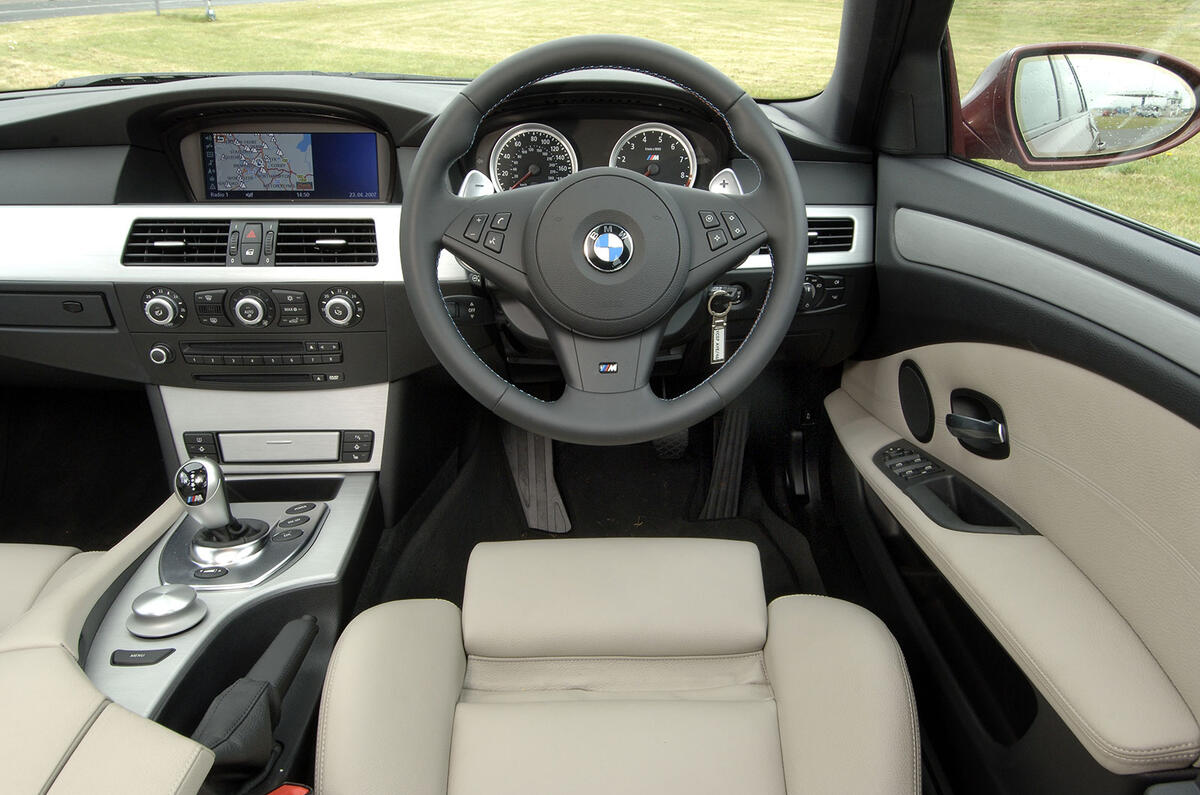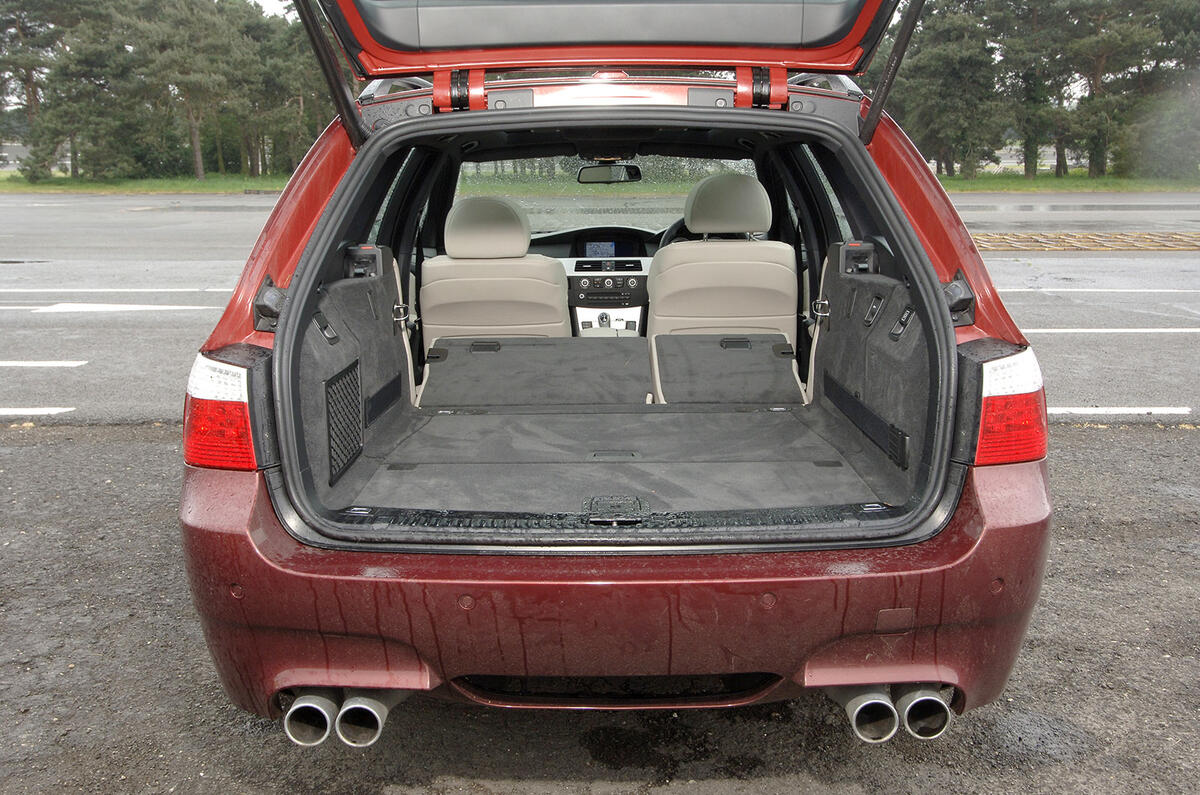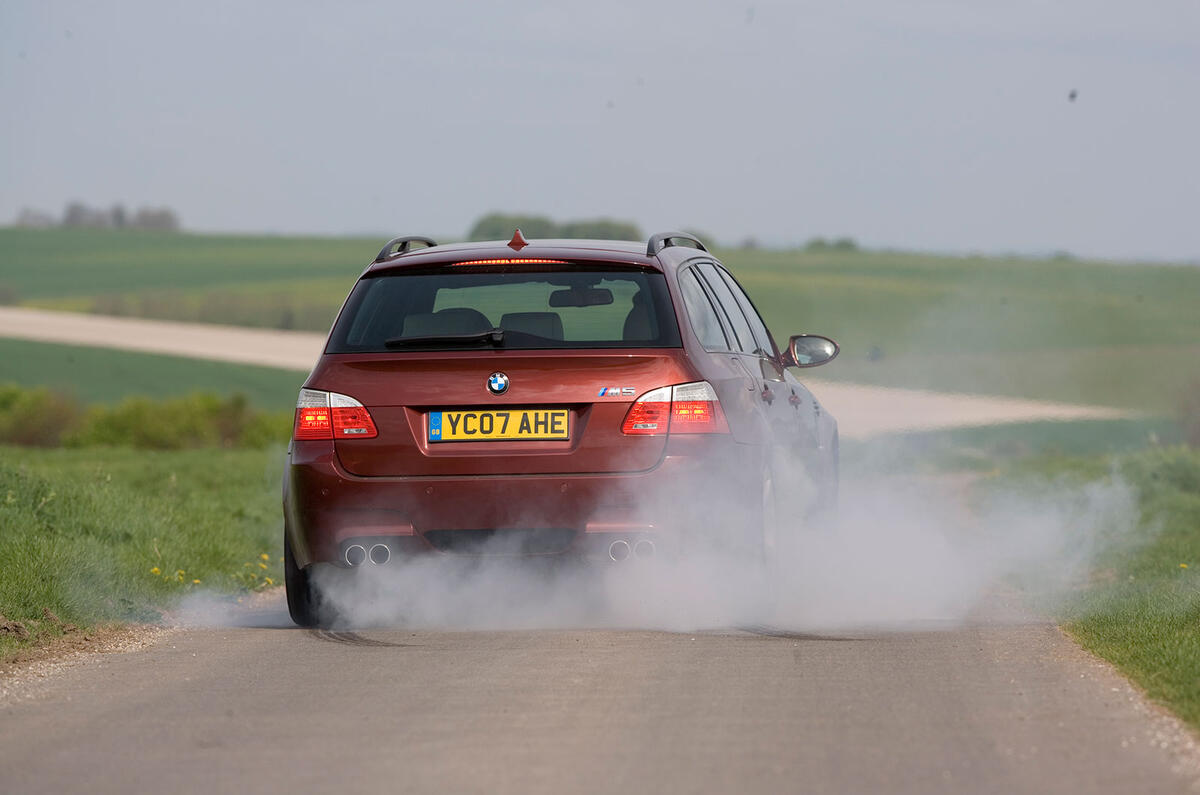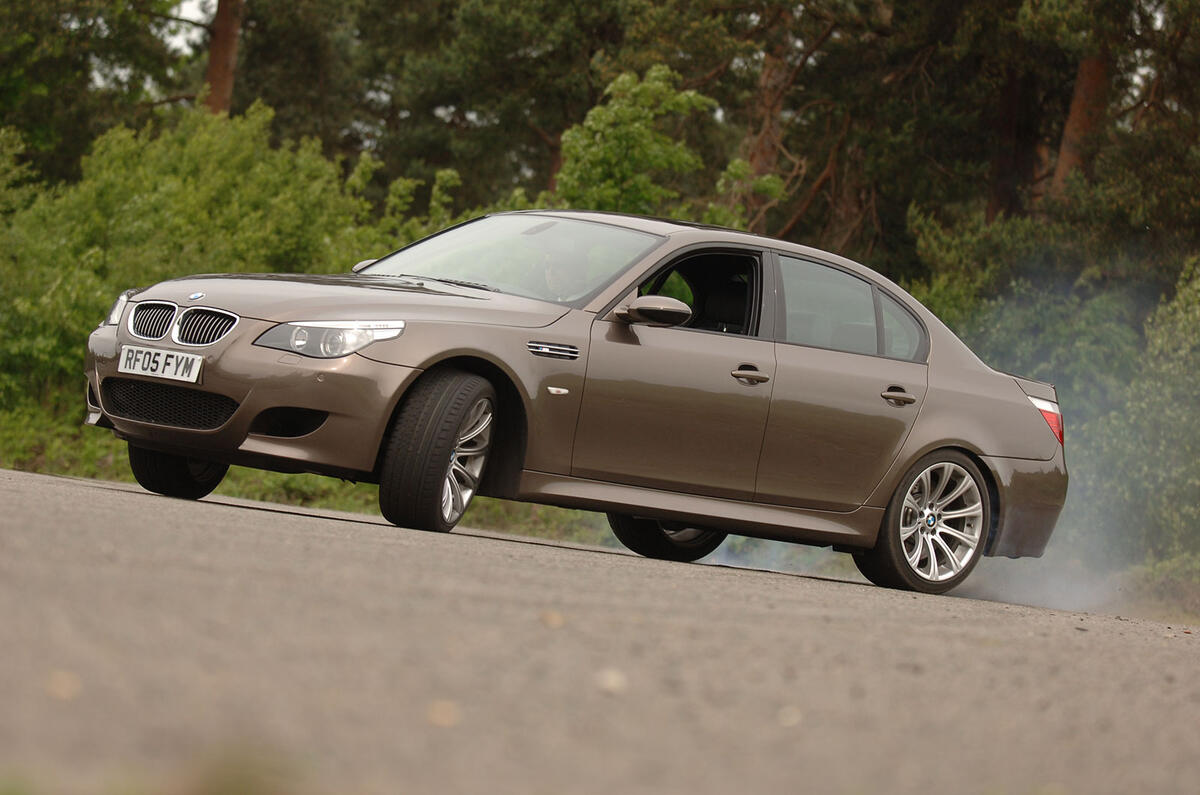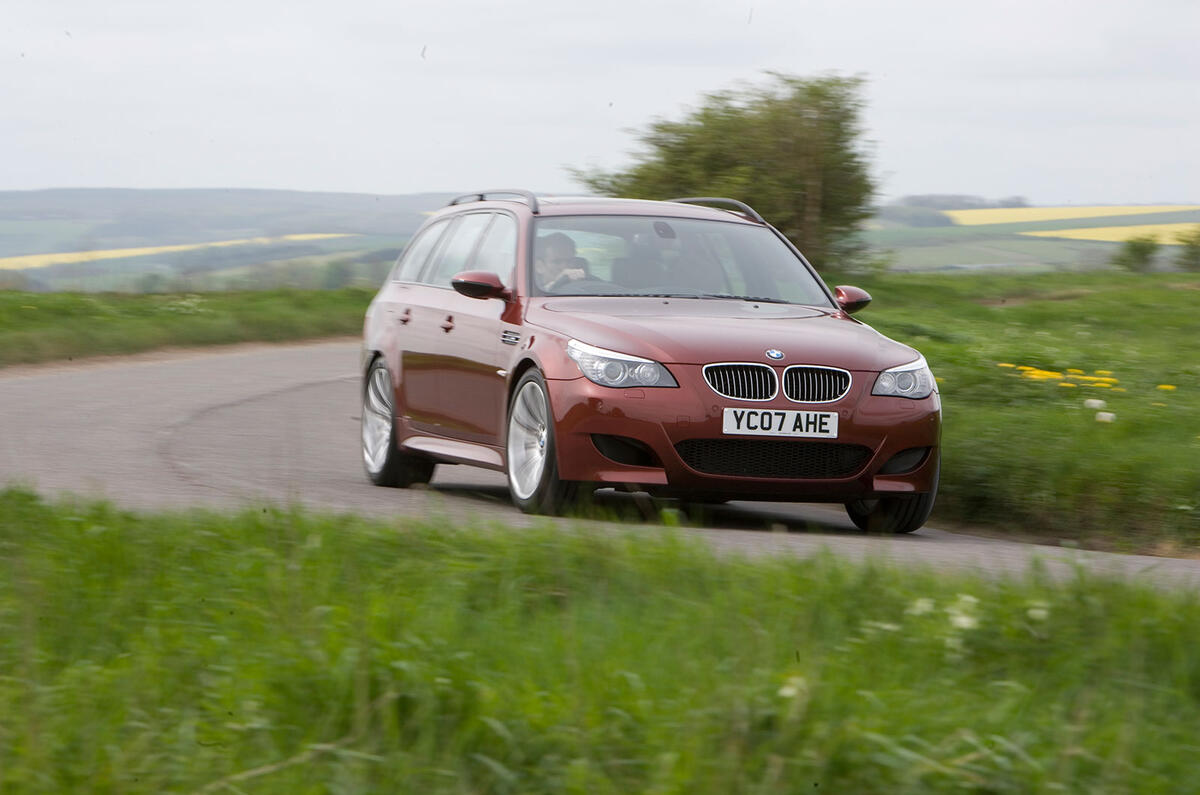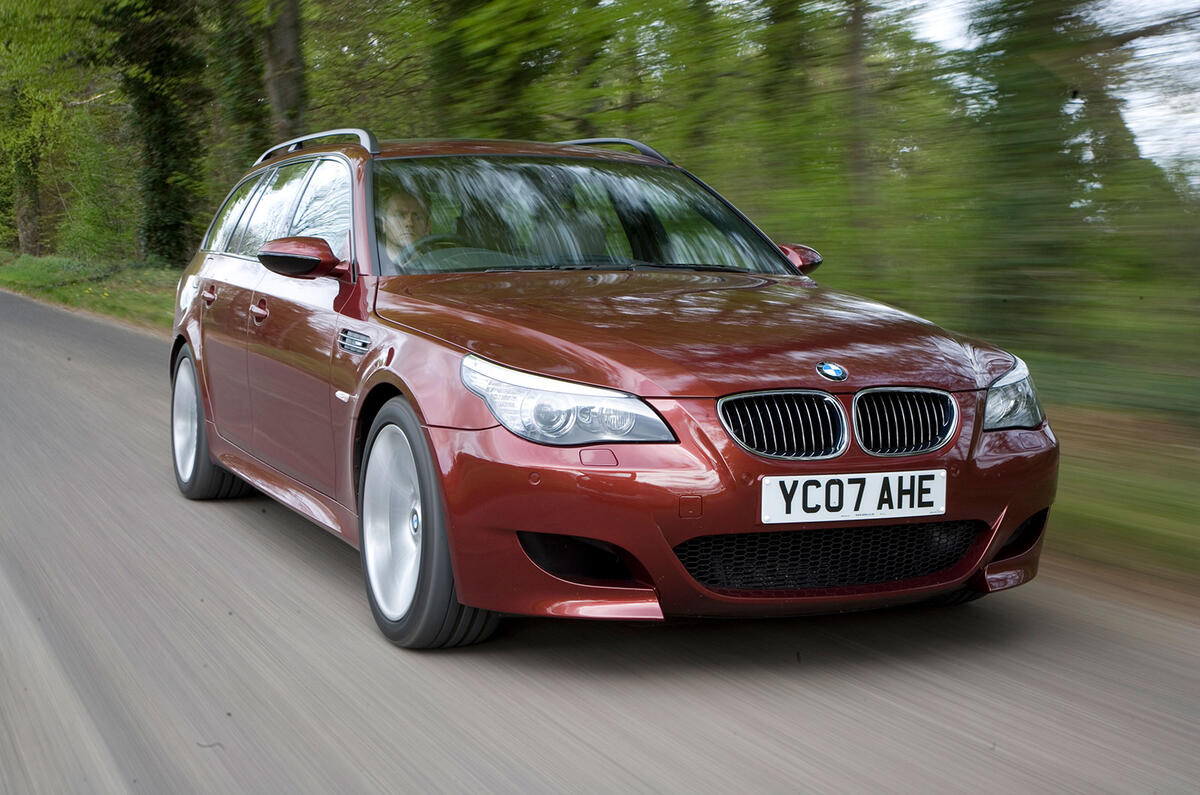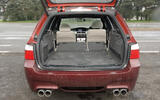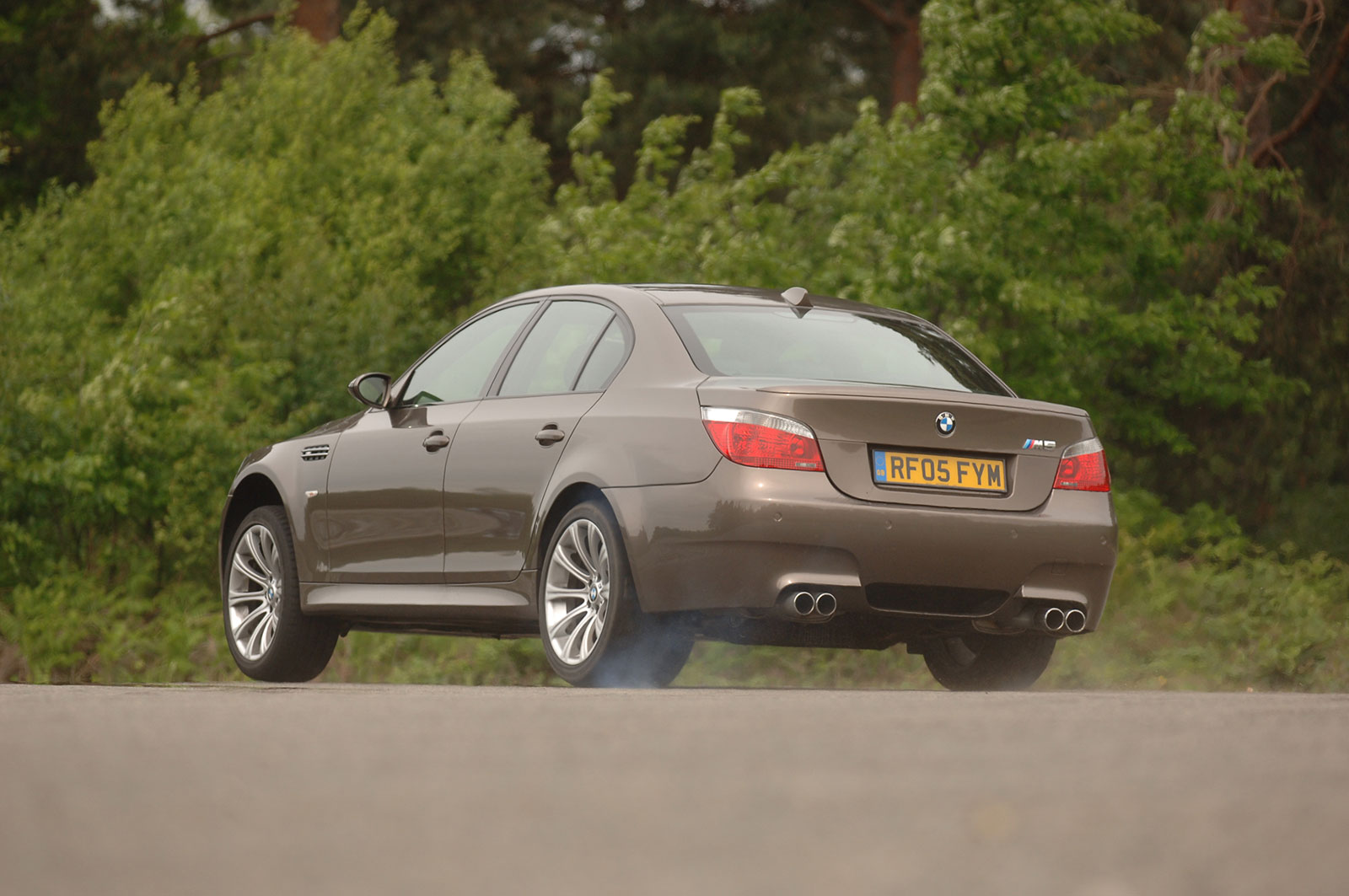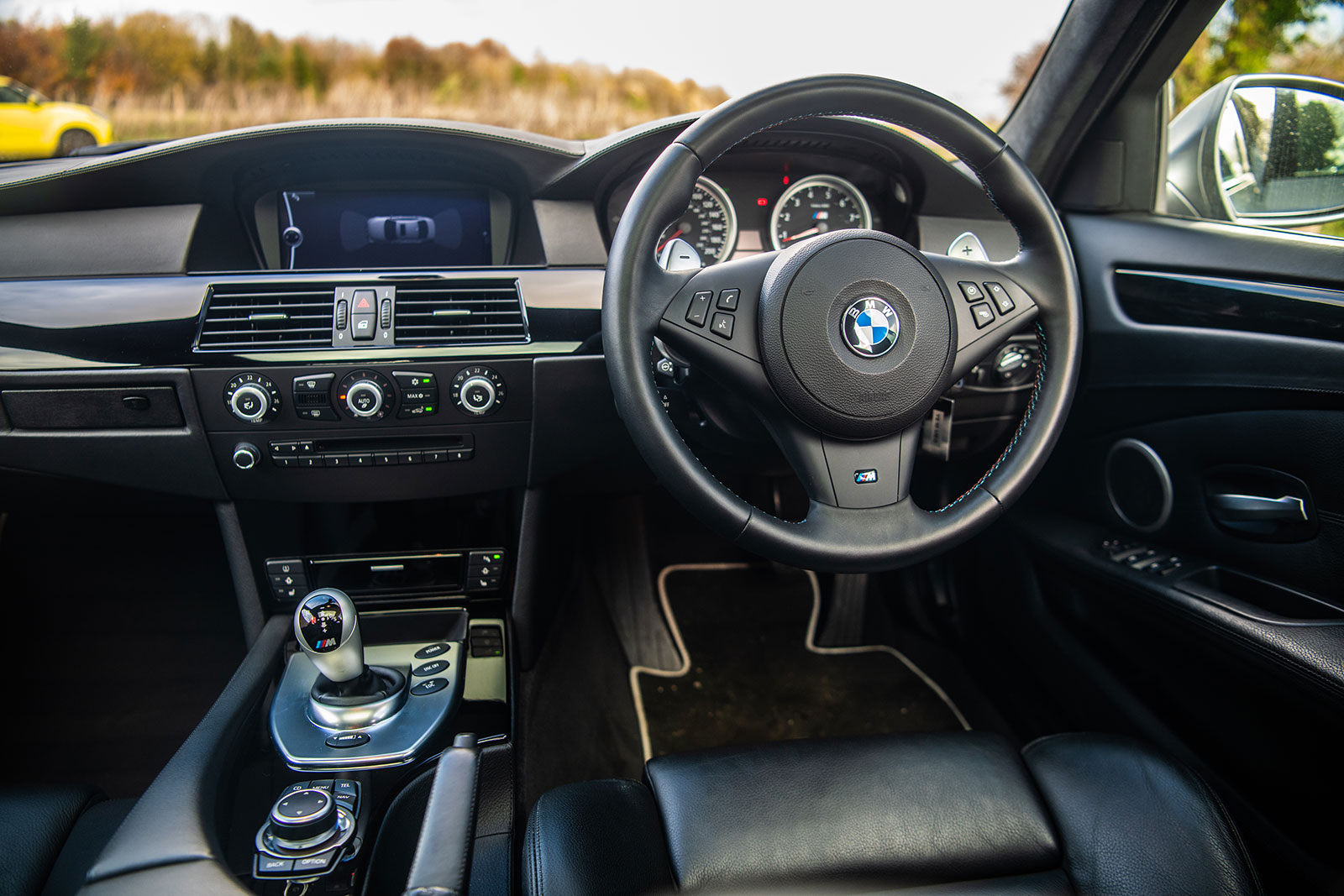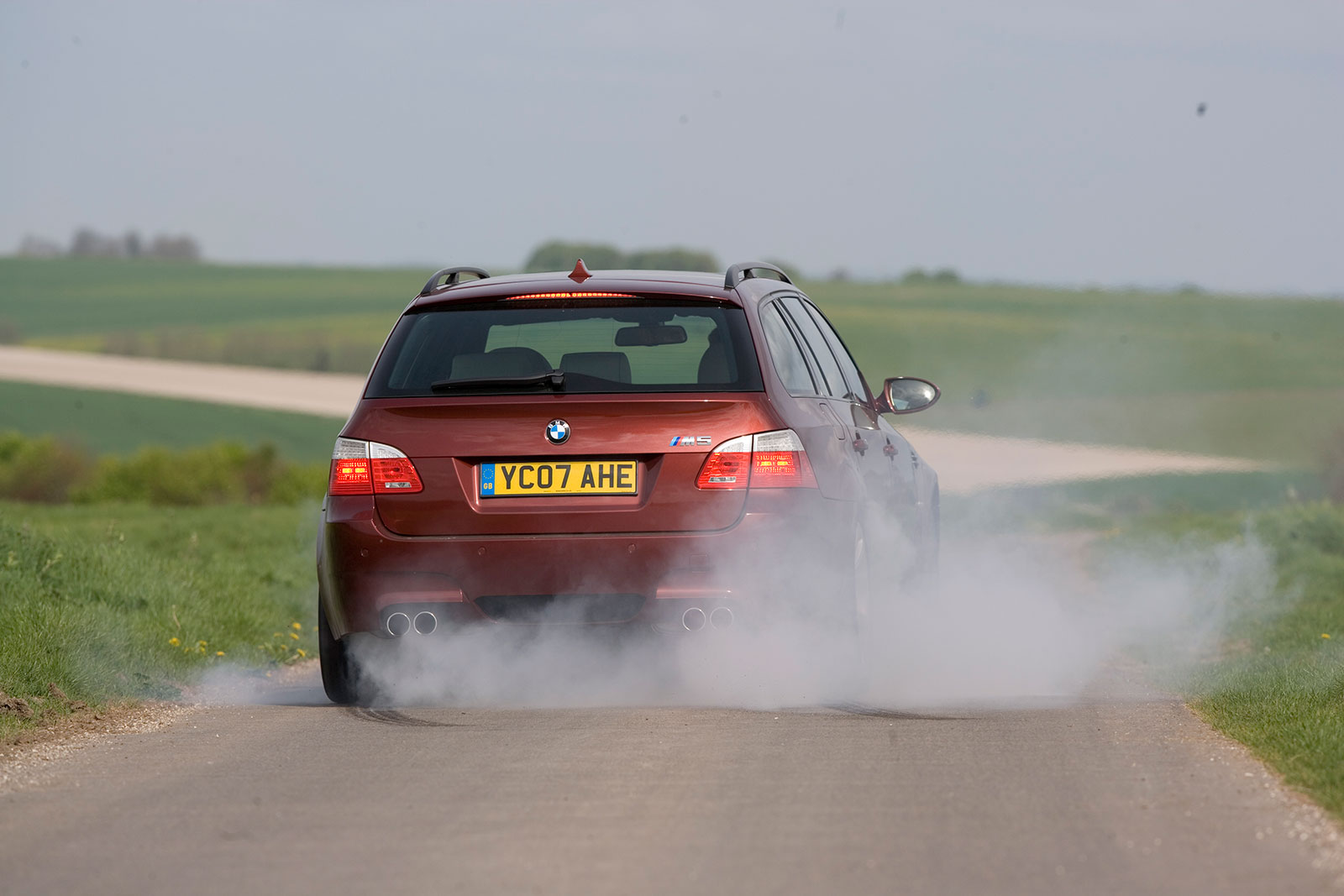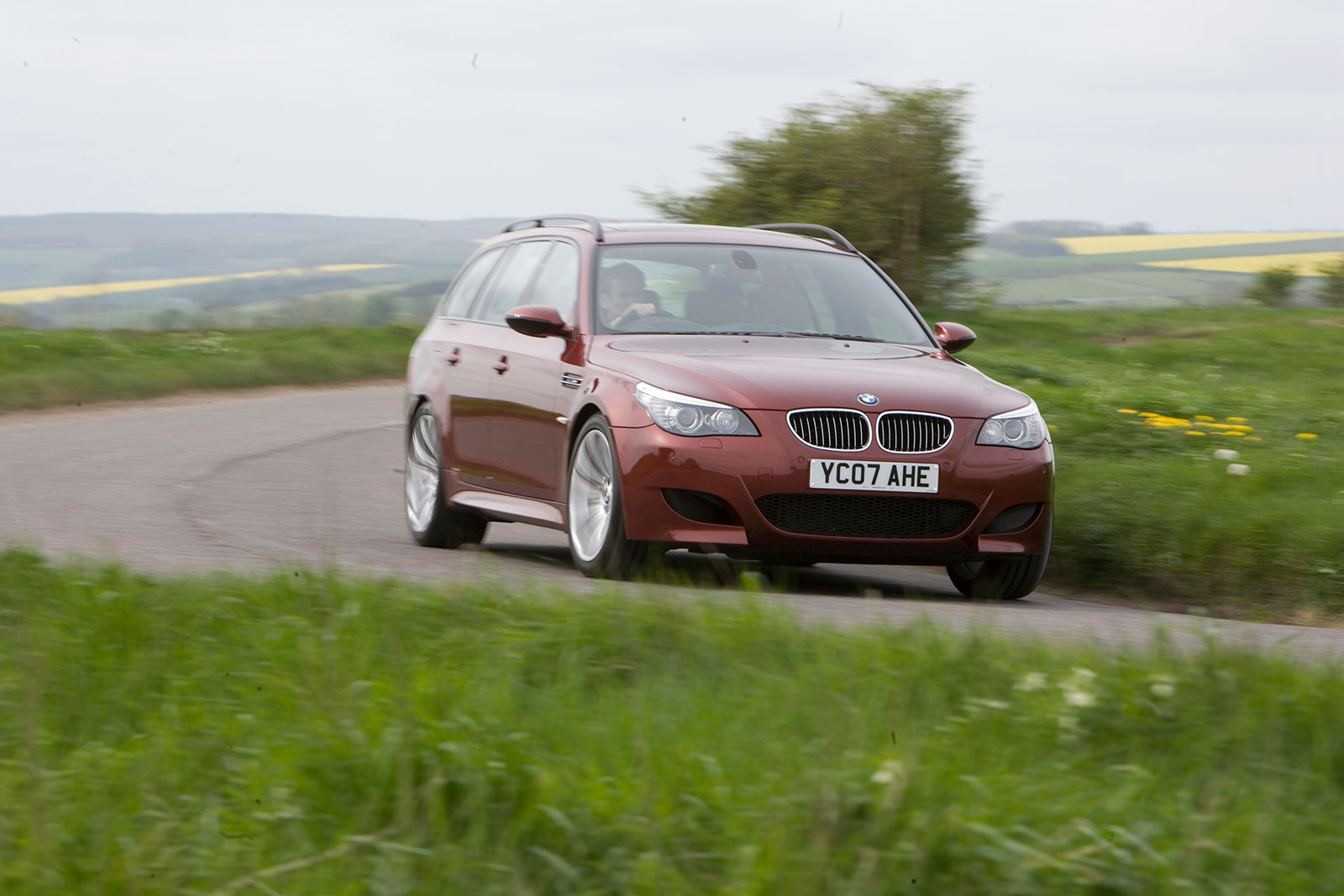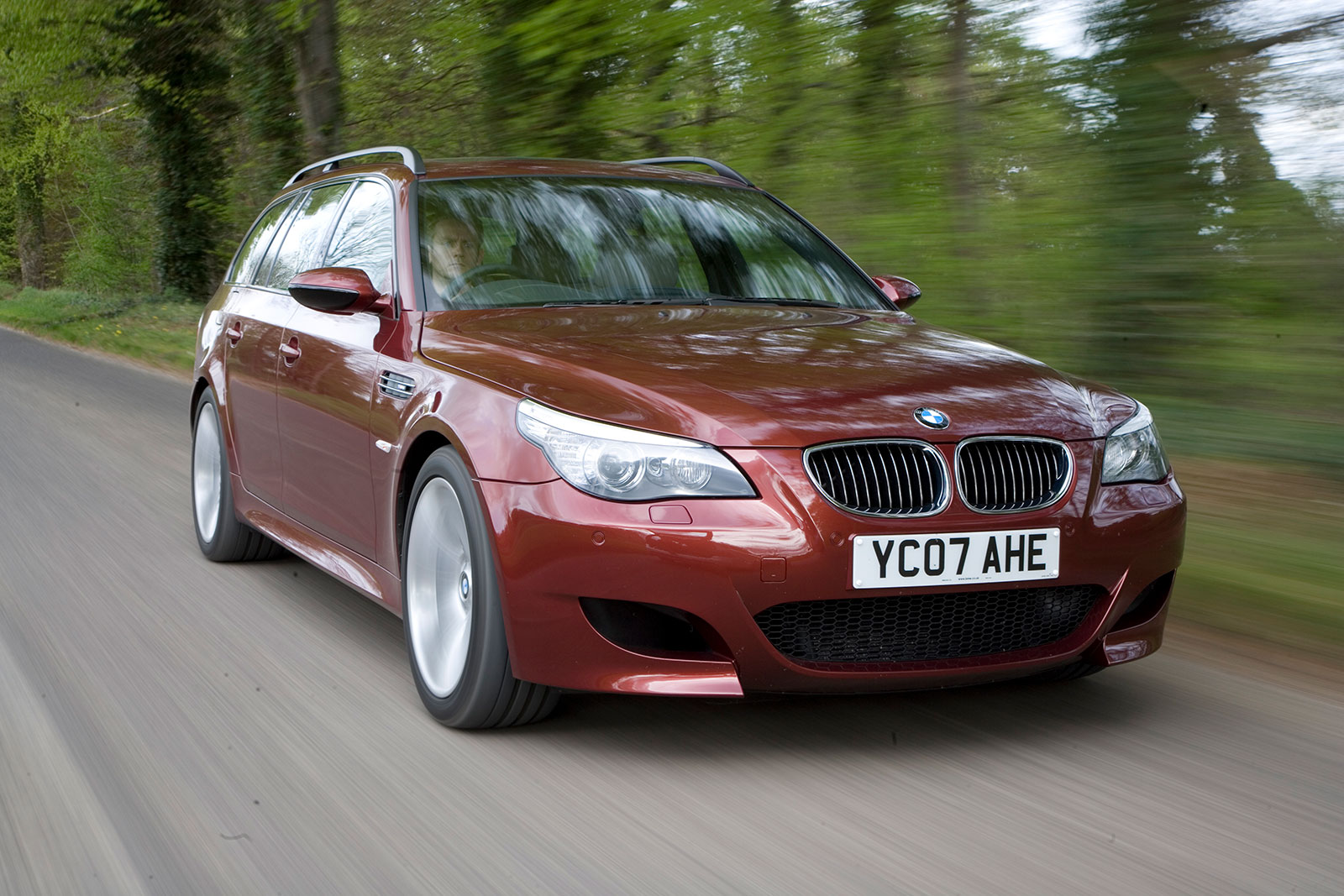Is the BMW M5 reliable?
This super-saloon's reliablity record is a bit of a mixed bag. While it's often reported that the M5 is a disater waiting to happen, there are many owners who highlight that is isn't strictly the case.
If the car is regularly serviced and geniuine replacement parts from BMW are used to repair it, the M5 shouldn't cause any real cause for concern.
Notwithstanding the views of owners, the V10 engine is very highly strung and requires regular maintenance to keep your mind (and bank account) at ease.
The Vanos pump and throttle bodies are all known for going wrong, but if you spot any early warning signs, it's best to get these replaced as soon as possible to assuage any futher issues from occuring.
It's worth noting that BMW is an established brand with a large dealer and service network in the UK, so replacement parts should be readliy available.
Engine: The oil pump for Vanos (BMW’s variable valve timing system) is a common point of failure in the M5’s V10. Located in the oil pan and under significant pressure, it can wear quickly and fail catastrophically if left unchecked.
If you see an oil pressure warning light, or indeed a Vanos warning light, the Vanos unit itself or the pump could be on the way out. Budget £1500-£2000 for the replacement of each.
The engine’s 10 throttle bodies are controlled on two banks by as many throttle actuators. Owners have spent upwards of £1000 on replacing failed actuators, because if you need to replace one, the other must be replaced too. You should also have the throttle position sensors replaced, because both are directly linked.
As sore a subject among M5 owners as any, the engine’s rod bearings have been known to fail within 60,000 miles.
Supporting and connecting the rods to the camshaft, the rod bearings are under such pressure that they're likely to wear out sooner than expected; owners and garages say their replacement is essential before 70,000 miles.
Gearbox: The SMG automated manual gearbox has a hydraulic pump that's known to fail and cost owners upwards of £5000 to put right.
Brakes: Owners suggest the large discs stopping this 200mph, 1955kg estate car will wear out after
30,000-40,000 miles. To have a set replaced will cost around £1800.
Electronics: Being so cutting-edge for its day, the M5 used electronics that contained glitches that at the time hadn't been ironed out.
Owners have reported issues with the alternator consistently failing due to voltage spikes and the iDrive system freezing on its home screen. A new infotainment system costs around £700.
An owner’s view
Rebecca Rothenberg: “The 200mph dog carrier! To the casual observer, it’s just a regular estate. For those who know, it’s one of BMW’s finest, if slightly flawed, creations.
"The engine dominates completely and there will never be another like it. Running one without a warranty can result in some very large bills, but as long as it's maintained properly, you can have relatively trouble-free motoring.
"The biggest negative is fuel: you will become very friendly with your local petrol station and the tank is so small that it will barely do 250 miles on a long run. But who cares when you have a V10?”
Also worth knowing
The M5 Touring (codenamed the E61) was for a short period available with diamond-cut alloy wheels that were also used on the M6 coupé of the period.
On the estate, they were smaller in diameter at the rear to accommodate its standard-fit air suspension, but they were a rare option. Replacing them is therefore difficult.
Owners recommend changing
the oil every 3000 miles using Castrol Edge 10W60.
To tax, it’s £415 per year if the car was registered before 23 March 2006 and £735 if it was registered after that date.



